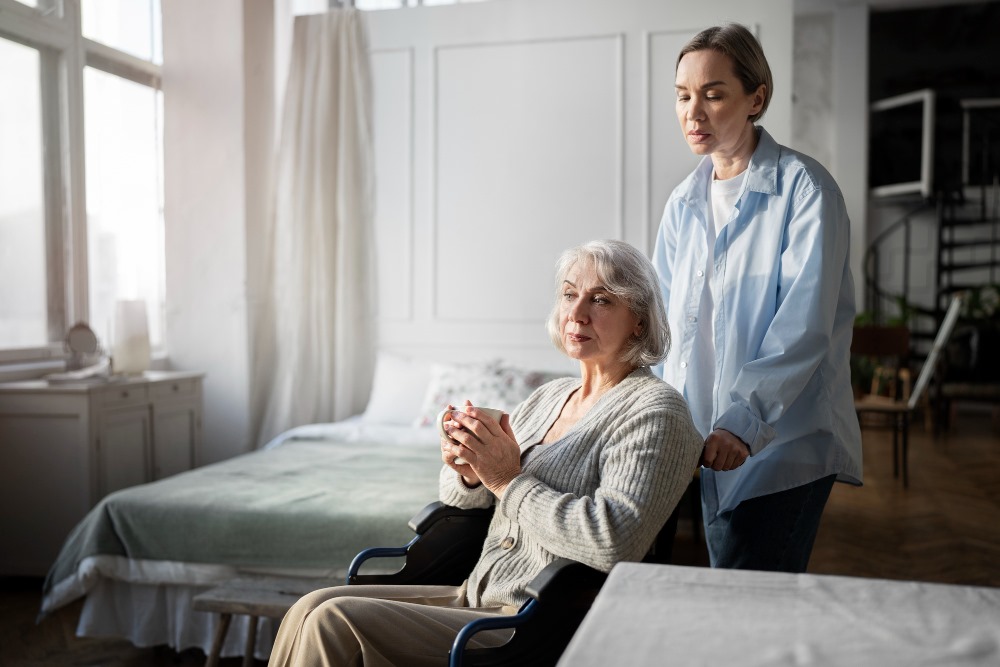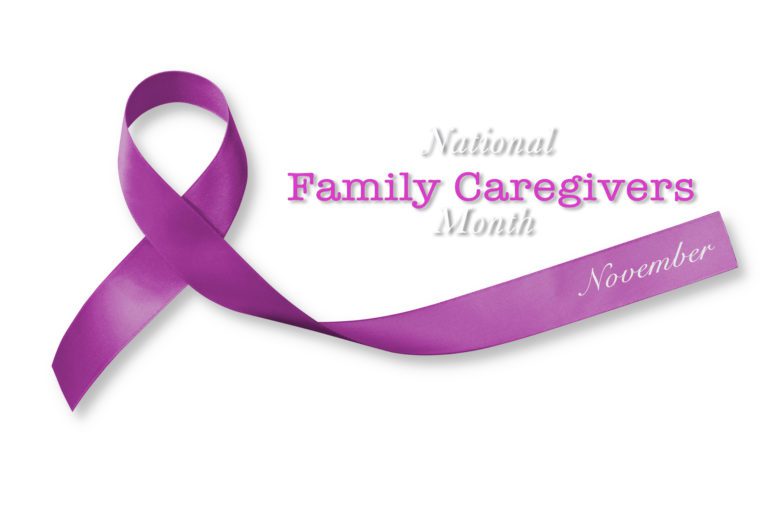As we age, the question of independent living becomes increasingly significant, especially for our beloved elderly. Living alone has its joys, but it also raises concerns about safety, well-being, and overall quality of life. At Compassionate Care Experts, we understand the delicate balance between autonomy and assistance that seniors often seek. In this comprehensive guide, we’ll explore key indicators and considerations for determining when an elderly person might need to reconsider living alone.
Learn More: What Are the Possible Dangers of Seniors Living Alone?
Table of Contents
- Recognizing the Signs
- Creating a Supportive Environment
- The Role of Caregivers
- Making Informed Decisions
- Conclusion
Recognizing the Signs
1. Cognitive Decline
One of the primary considerations is cognitive health. Keep an eye out for signs of memory loss, confusion, or forgetfulness. These may manifest in misplaced items, forgotten appointments, or difficulty in recalling recent events. At Compassionate Care Experts, we emphasize the importance of regular cognitive assessments to catch these signs early.
2. Physical Limitations
Aging often brings physical challenges. Keep track of any changes in mobility or signs of frailty. Difficulty with daily tasks such as bathing, dressing, or preparing meals may indicate the need for additional support. Our team recommends a thorough evaluation of the senior’s physical abilities to identify potential hazards in the home.
Learn More: 5 Benefits of Companionship for Seniors
Creating a Supportive Environment
3. Home Safety Measures
To enable safe independent living, it’s crucial to create an environment that minimizes risks. Simple modifications, such as installing grab bars in bathrooms, non-slip mats, and adequate lighting, can significantly enhance home safety. At Compassionate Care Experts, we offer personalized home assessments to identify and address potential hazards.
4. Community Engagement
Social isolation is a common concern for seniors living alone. Encouraging community engagement can have a positive impact on mental well-being. Consider local senior programs, social clubs, or even arranging regular visits from friends and family. Our experts highlight the importance of maintaining an active social life to combat loneliness and promote overall happiness.
The Role of Caregivers
5. Professional Care Assistance
At Compassionate Care Experts, we believe in providing tailored care solutions. If you notice signs that living alone may no longer be safe, consider the assistance of professional caregivers. Whether it’s for a few hours a day or full-time support, our caregivers are trained to provide compassionate care, ensuring the well-being and comfort of your loved ones.
Making Informed Decisions
6. Family Collaboration
Determining when an elderly person should stop living alone is a decision that often involves the entire family. Open and honest communication is essential. Schedule regular family meetings to discuss concerns, share observations, and collectively decide on the best course of action. Our experts at Compassionate Care are available to facilitate these discussions, offering guidance and support throughout the decision-making process.
Learn More: In-Home Long-Term Care
Conclusion
In conclusion, the question of when an elderly person should stop living alone is nuanced and requires careful consideration. By staying attuned to signs of cognitive decline, physical limitations, and fostering a supportive environment, families can navigate this transition with compassion and informed decision-making. At Compassionate Care Experts, we are committed to empowering families with the knowledge and resources they need to ensure the safety and well-being of their loved ones.







